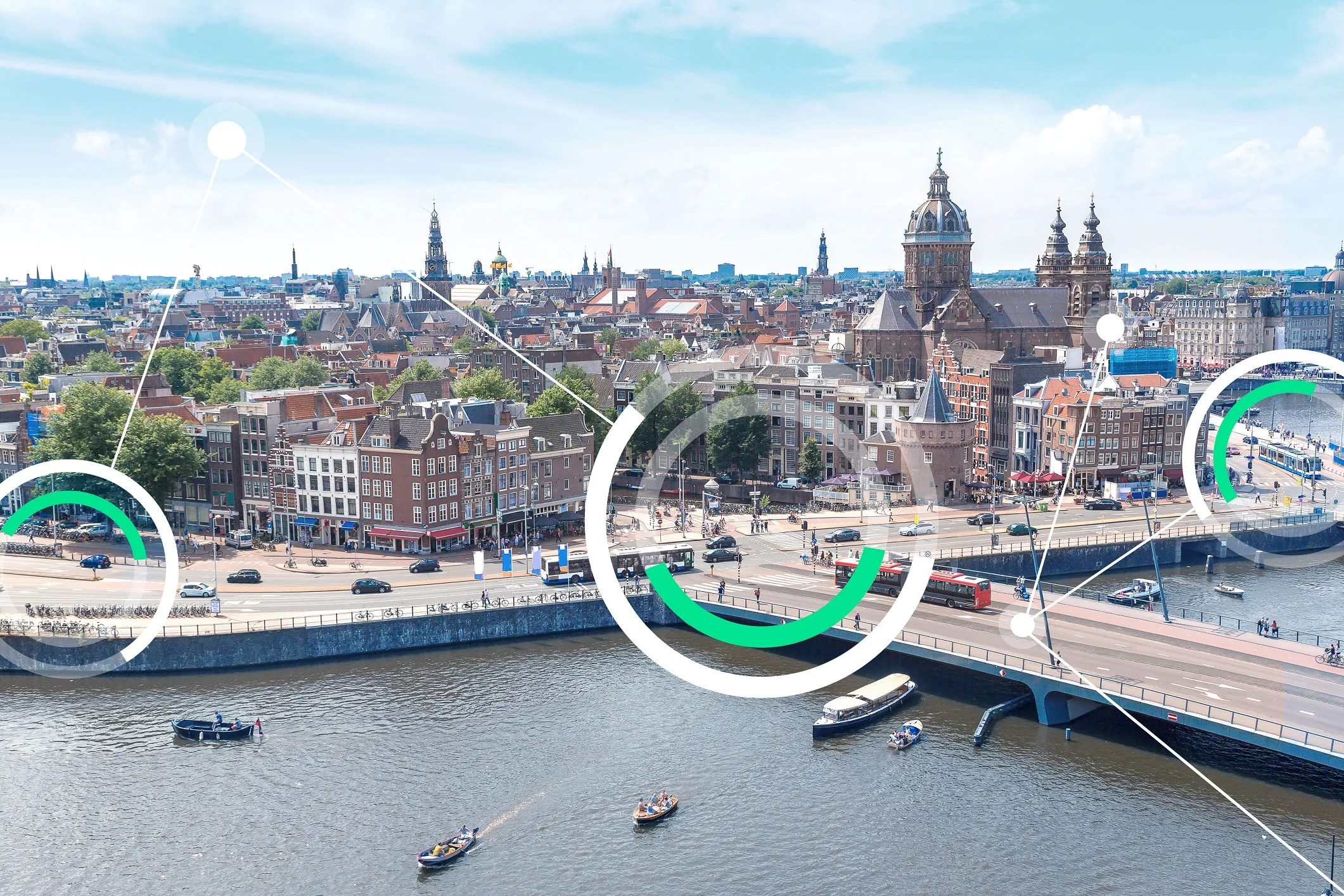The technology exists to make self-driving cars an emerging reality in the next three to five years - if the country will build the infrastructure and the government will issue the necessary rules, the CEO of wireless communications company
His comments, reported by the Detroit News, came the day after the announcement that Michigan will install cameras and sensors along 120 miles of Detroit freeways to connect cars wirelessly to highways and each other. While the notion that self-driving cars, or at least cars that automatically slow down or stop for hazards or can be rerouted to avoid traffic jams, seems like something from the far-off future, it is an approaching reality, McAdam said.
“If we decided to do it, we’re no more than three to five years away from autonomous vehicles,” McAdam said.
Autonomous cars would not only talk to each other, but also to the roads. The information would allow vehicles to take the quickest, most fuel-efficient routes, adjust for weather and stay out of the way of each other to avoid accidents, he continued.
“The technology exists,” he told the club members. “It’s a matter of will - how badly do we want it?”
The technology is largely being driven by innovations from communication companies, he added, but requires an infrastructure of roadway sensors and traffic cameras, along with appropriate regulations and guidelines from the federal Department of Transportation. It wouldn’t require a huge, overwhelming expansion of wireless networks, McAdam added, since sensors that only need to register the passing of a car wouldn’t overload communications networks any more than a thermostat puts an excess load on the electrical grid.
Because Verizon and other wireless communications providers all use similar LTE technology now, a smart transportation system wouldn’t create a Windows versus Macintosh situation that might put certain roads off-limits to cars without the right technology, he said. As for privacy concerns, McAdam said that 80 per cent to 90 per cent of all the information new technologies need in communications, health care, retailing, transportation or other areas can be collected anonymously, with users opting in if they want more specific results.
Autonomous cars just years from reality says Verizon CEO
The technology exists to make self-driving cars an emerging reality in the next three to five years - if the country will build the infrastructure and the government will issue the necessary rules, the CEO of wireless communications company Verizon told the Detroit Economic Club on Monday.
His comments, reported by the Detroit News, came the day after the announcement that Michigan will install cameras and sensors along 120 miles of Detroit freeways to connect cars wirelessly to highways and each other.
September 10, 2014
Read time: 2 mins









